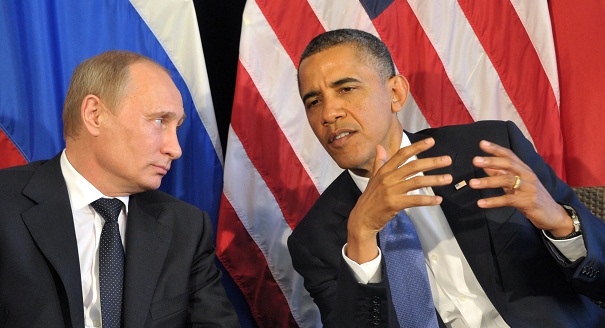At the start of the Obama administration’s second term, it is unclear how Washington and Moscow will approach relations going forward. In a Q&A, Dmitri Trenin assesses the relationship amid ongoing tensions. Trenin previews life after the reset and details the biggest challenges and possible areas of cooperation in the year ahead.
U.S.-Russia Relations in 2013
At the start of the Obama administration’s second term, it is unclear how Washington and Moscow will approach relations going forward.
Published on December 27, 2012
More work from Carnegie
- commentaryThe G20 Agenda Is Shifting from the Global South to America First
For four years, the G20’s emerging economies used the rotating presidency to set an unprecedented agenda. With the United States now at the helm, that’s about to dramatically change.
- commentaryPolicy in Other Words 2025
Understanding and shaping the links between the local and global is a matter of storytelling.
- commentaryAI’s New Test on California’s Direct Democracy
OpenAI has waded into the state’s process by releasing a ballot initiative on safety controls for AI companion chatbots.
- Q&AFEMA’s Turbulent Year and Uncertain Future
Former agency officials discuss how reforms could reshape the agency and how states should prepare.
- commentaryTaking the Pulse: Is the EU Too Weak to Be a Global Player?
Beset by an increasingly hostile United States, internal divisions, and the threat of Russian aggression, the EU finds itself in a make-or-break moment. U.S. President Donald Trump calls it a decaying group of nations headed by weak leaders. Is Europe able to prove him wrong?





